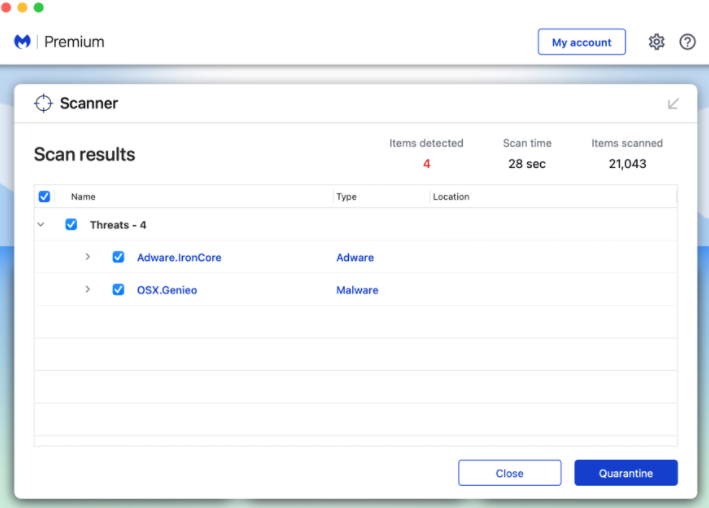

With a commitment to helping protect consumers from all dangerous cyber threats, they are working hand in hand with the Federal Trade Commission to help provide technical evidence in support of shutting tech support scammers down while simultaneously educating Internet users on how to protect against the latest TSS tactics. Malwarebytes researchers have been actively engaged in the fight against tech support scammers overseas but also in the US.

Courts are not tech-savvy enough to understand the latest scam tactics, making it very easy for scammers to get away with certain technical intricacies. In response, the Department of Justice (DOJ) and the FBI are collaborating with law enforcement in India to combat cyber-enabled financial crimes and transnational call center fraud.Īt the same time, the legal case against tech support scams originating in the US has proven to be difficult over the past few years, and prosecution has been limited. The scams primarily emanate from call centers in South Asia, mainly India. Most people associate tech support scams with technicians sitting in a crowded and buzzing boiler room somewhere offshore, and they are not wrong. Despite the occasional arrests and FTC fines for tech support scammers (TSS) and their henchmen, there are still plenty of cybercriminals active in this field. Scams range from unsolicited calls offering help with your “infected” computer to fully-fledged websites where you can purchase heavily over-priced versions of legitimate security software.Īccording to the FBI's IC3 Report, in 2022 Tech and Customer Support fraudsters made 32,538 victims with total reported damages amassing $806,551,993 in the US alone.


 0 kommentar(er)
0 kommentar(er)
